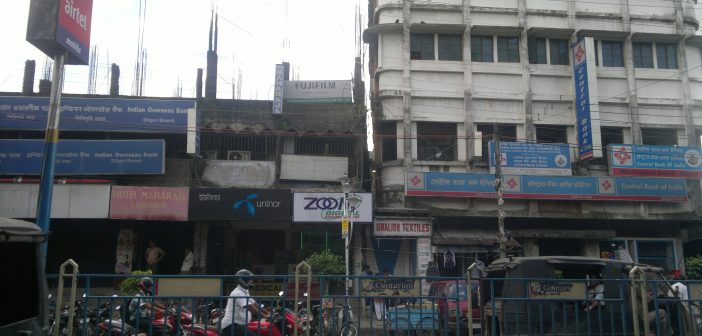In India, the traditional banking model adheres to a Monday through Friday schedule, leaving weekends and public holidays devoid of banking services. However, as lifestyles evolve and digital banking becomes increasingly prevalent, there is a compelling argument for some banks to remain open on weekends and public holidays. This shift aligns with changing consumer preferences and economic realities, fostering greater accessibility, convenience, and financial inclusion for all.
Changing Consumer Behavior
The rise of digital banking and technological advancements has transformed the way individuals manage their finances. With the proliferation of smartphones and internet connectivity, customers expect seamless access to banking services round-the-clock, irrespective of the day or time. As a result, traditional brick-and-mortar branches face mounting pressure to adapt to evolving consumer behavior and preferences.
Moreover, the modern workforce operates in a dynamic and interconnected global economy, where traditional work schedules are becoming increasingly fluid. Many individuals work non-traditional hours or pursue multiple jobs, making it challenging to conduct banking transactions during standard business hours. By offering banking services on weekends and public holidays, financial institutions can accommodate the diverse needs and schedules of their customers, enhancing overall satisfaction and loyalty.
Enhancing Financial Inclusion
Accessibility to banking services is a crucial component of financial inclusion, enabling individuals to participate actively in the formal economy and access essential financial products and services. In India, millions of citizens, especially those in rural and remote areas, face barriers to banking access due to geographical constraints and limited branch availability. By extending banking hours to weekends and public holidays, banks can bridge the gap between urban and rural areas, bringing essential financial services closer to underserved communities.
Furthermore, weekend and holiday banking can cater to the needs of specific demographic groups, such as working professionals, students, and small business owners, who may find it challenging to visit branches during regular business hours. By providing greater flexibility and convenience, banks can empower individuals to manage their finances more effectively and participate more fully in the formal banking sector.
Global Trends and Competitive Advantage
Internationally, many countries have embraced the concept of weekend banking, recognizing its potential to enhance customer satisfaction, drive revenue growth, and remain competitive in an increasingly interconnected marketplace. In economies where consumer-centric banking practices are prioritized, weekend and holiday banking has become the norm rather than the exception, reflecting a broader shift towards customer-centric service delivery models.
Moreover, offering banking services on weekends and public holidays can confer a competitive advantage to banks, distinguishing them from their peers and attracting new customers seeking enhanced convenience and accessibility. In a highly competitive banking landscape, differentiation through innovative service offerings and customer-centric initiatives is paramount to sustaining growth and retaining market share.
Operational Considerations and Challenges
While the case for weekend and holiday banking is compelling, it is not without its operational challenges and considerations. Banks must carefully assess staffing requirements, security protocols, and regulatory compliance to ensure smooth and secure operations during extended hours. Additionally, investments in technology and infrastructure are necessary to support expanded service hours and accommodate increased customer traffic during peak periods.
Furthermore, effective communication and customer education are essential to inform clients about the availability of weekend and holiday banking services and promote adoption and utilization. Clear signage, digital notifications, and targeted marketing campaigns can help raise awareness and drive engagement among existing and prospective customers.
Conclusion
In conclusion, the adoption of weekend and holiday banking represents a progressive step towards meeting the evolving needs and expectations of Indian consumers in an increasingly digital and interconnected world. By extending banking hours, financial institutions can enhance accessibility, promote financial inclusion, and gain a competitive edge in a rapidly evolving marketplace. As the banking sector embraces innovation and customer-centricity, the implementation of weekend and holiday banking holds immense potential to unlock convenience and empower individuals to achieve their financial goals, irrespective of the day or time.






